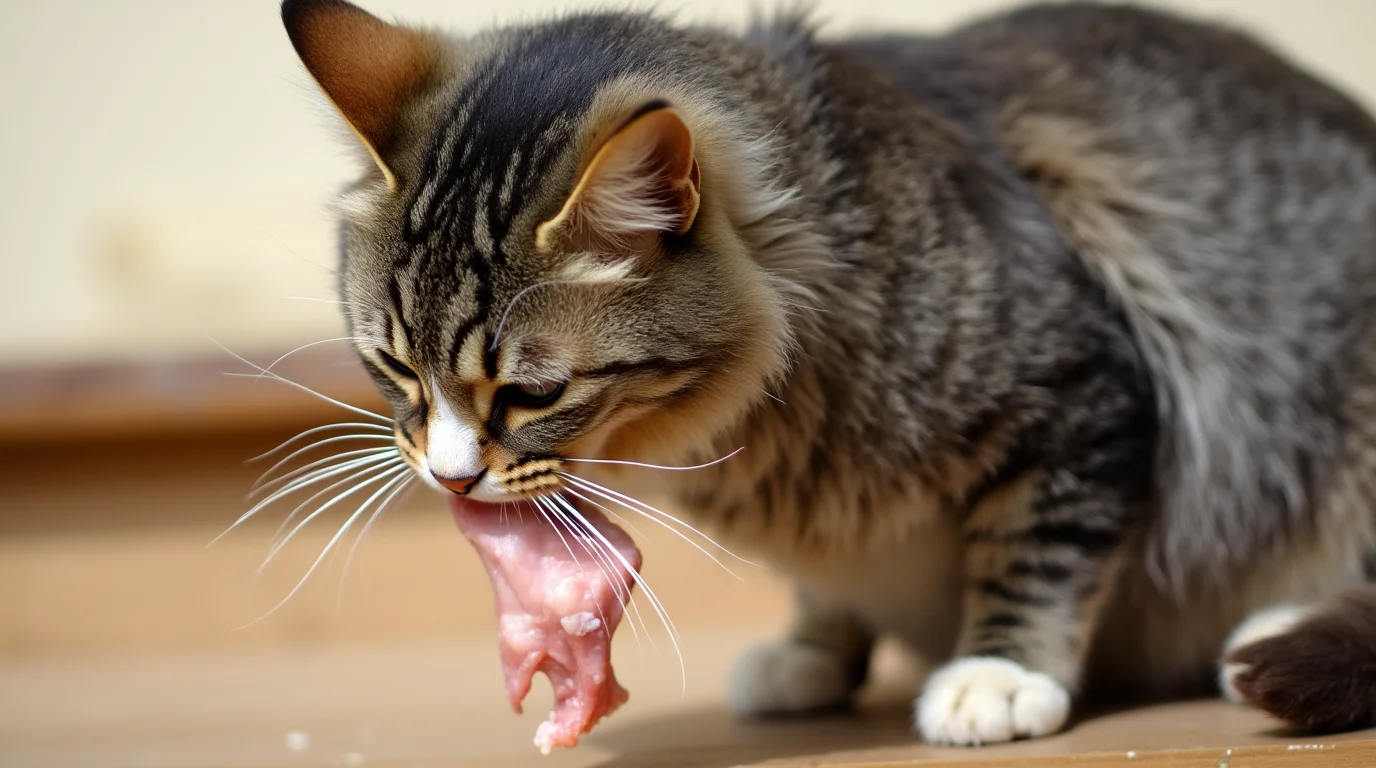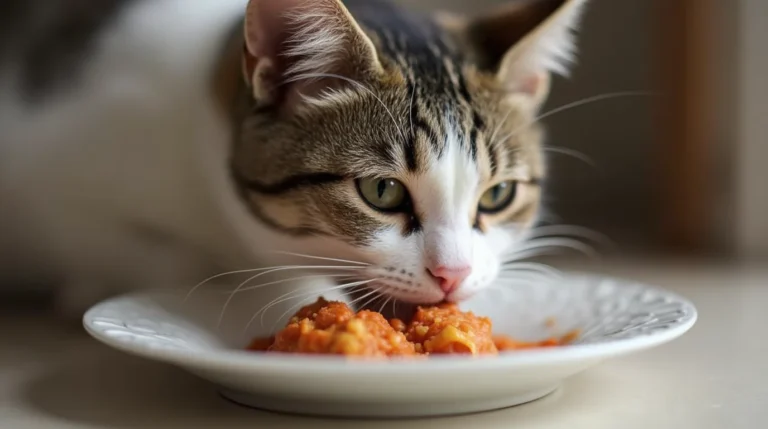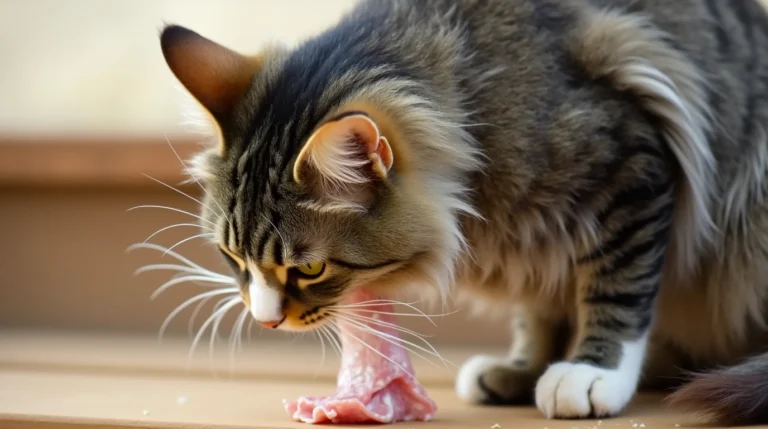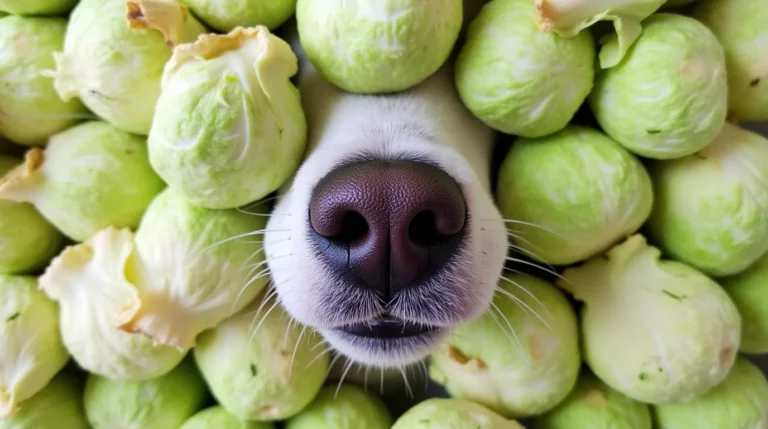Table of Contents
Can Cats Eat Turkey?
Turkey is a common ingredient in many commercial cat foods, but is it safe for your cat to eat plain turkey? The short answer is yes, cats can eat turkey—but only if it’s prepared properly. While turkey is a great source of protein, certain preparations and additives can be harmful to cats.
In this guide, we’ll explore the benefits, risks, and safest ways to feed turkey to your feline friend.
Can Cats Eat Turkey Safely?
Yes, cats can eat turkey, but it must be plain, fully cooked, and unseasoned. Turkey is rich in lean protein, which is essential for a cat’s diet. However, feeding turkey incorrectly—such as giving them turkey with seasoning, skin, or bones—can be dangerous.
Benefits of Feeding Turkey to Cats
Turkey is a high-quality protein source and offers several health benefits for cats:
✅ Rich in Protein – Supports muscle growth and overall health.
✅ Low in Fat – When served without skin, turkey is lean and healthy.
✅ Contains Essential Amino Acids – Provides taurine, which is crucial for heart and eye health.
✅ Easily Digestible – A good alternative for cats with food sensitivities.
How to Safely Feed Turkey to Cats
To make sure turkey is safe for your cat, follow these guidelines:
✔ Fully Cooked – Raw turkey may contain harmful bacteria like Salmonella.
✔ Unseasoned – Avoid garlic, onion, salt, and spices, which are toxic to cats.
✔ Boneless – Cooked bones can splinter and cause choking or digestive injuries.
✔ No Skin – Turkey skin is high in fat and can cause digestive upset.
Can Cats Eat Raw Turkey?
Feeding raw turkey is risky because it may contain harmful bacteria like Salmonella and E. coli. While some pet owners choose a raw diet, they must handle it properly and source it from a reputable supplier. If you’re considering a raw diet, consult your veterinarian first.
Can Cats Eat Deli Turkey or Processed Turkey?
🚫 Avoid deli turkey, turkey lunch meat, or processed turkey. These contain high amounts of sodium, preservatives, and artificial flavors, which are unhealthy for cats.
Can Cats Eat Turkey Bones?
No, cats should never eat cooked turkey bones. They can splinter and cause:
⚠ Choking hazards
⚠ Mouth or throat injuries
⚠ Intestinal blockages
Raw bones are less likely to splinter but should only be given under veterinary guidance.
How Much Turkey Can Cats Eat?
Serve turkey in moderation as a treat, not as a meal replacement. Small amounts (a teaspoon or two) are safe, but too much turkey can lead to:
- Upset stomach
- Weight gain (if high in fat)
- Nutritional imbalances if it replaces a complete cat diet
Healthy Ways to Serve Turkey to Cats
🥩 Plain, Cooked Turkey Breast – Best option, rich in protein and low in fat.
🍲 Shredded Turkey Mixed with Cat Food – Adds variety to their diet.
🍗 Homemade Turkey Cat Treats – Baked and prepared without seasoning.
FAQs About Cats and Turkey
1. Can Kittens Eat Turkey?
Yes, but only in small, well-cooked, and unseasoned portions. Kittens need a balanced diet, so turkey should only be an occasional treat.
2. Can Cats Eat Turkey Gravy?
No, most gravies contain onion, garlic, and high sodium, which are toxic to cats.
3. Can Cats Eat Ground Turkey?
Yes, as long as it’s plain, cooked, and free from seasonings or additives.
4. Can Cats Eat Thanksgiving Turkey?
Only if it’s plain and unseasoned. Avoid stuffing, skin, bones, and fatty parts.
5. What Should I Do If My Cat Eats Seasoned Turkey?
Watch for symptoms like vomiting, diarrhea, or lethargy. If symptoms appear, contact your vet immediately.
Final Verdict: Can Cats Eat Turkey?
Yes, cats can eat turkey, but it must be plain, fully cooked, and served in moderation. Avoid processed turkey, bones, skin, and seasoning to keep your feline safe. If prepared properly, turkey can be a healthy and enjoyable treat for your cat!







